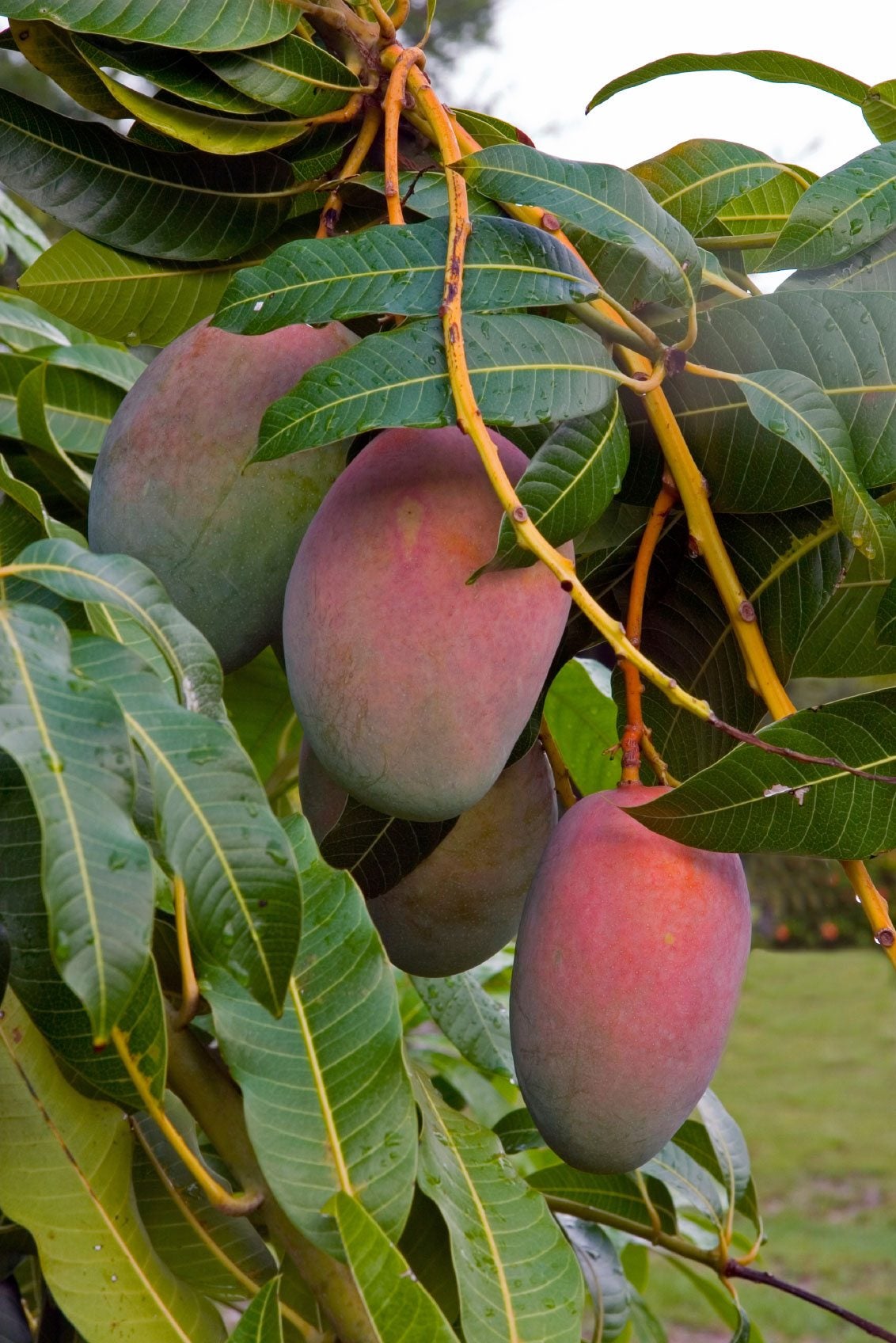
Sign up for the Gardening Know How newsletter today and receive a free copy of our e-book "How to Grow Delicious Tomatoes".
You are now subscribed
Your newsletter sign-up was successful
Renowned as one of the most popular fruits in the world, mango trees are found in tropical to subtropical climates and originating in the Indo-Burma region and native to India and Southeast Asia. Mango trees have been cultivated in India for more than 4,000 years and mango tree problems, such as no mango fruit on trees, have been duly noted and solutions found, which we will examine in this article.
Reasons for No Mango Fruit on Tree
From the family Anacardiaceae and related to cashews and pistachio, the most common mango tree problems are those related to the mango tree not producing. Becoming familiar with its causes is the first step in how to get mango fruit on your tree. Below are the most common reasons for non fruiting mango trees:
Diseases
The most detrimental disease affecting non fruiting mango trees is called anthracnose, which attacks all parts of the tree but does the most damage to the flower panicles. Symptoms of anthracnose appear as black irregularly shaped lesions that gradually become larger and cause leaf spot, bloom blight, fruit staining, and rot -- resulting in non-fruiting mango trees. It is best to plant an anthracnose resistant variety of mango tree in full sun where rainfall will quickly evaporate to avoid this problem. Another major contributor to the mango tree not producing fruit is another fungal pathogen, powdery mildew. Powdery mildew attacks young fruit, flowers, and foliage, leaving these areas covered with a white fungal powder and often developing lesions along the undersides of the leaves. Severe infections will destroy the panicles, subsequently affecting potential fruit set and production, hence a mango tree not producing fruit. Both of these diseases are exacerbated with the onset of heavy dew and rain. Early spring applications of sulfur and copper when the panicle is half its full size and again 10 to 21 days later will aid in eradication of this fungal pathogen. To prevent these diseases, apply a coating of fungicide on the susceptible parts when the buds appear and begin to open and ending at harvest time.
Pests
Mites and scale insects can attack mango trees but generally do not result in the mango tree not producing fruit unless severe. Treating the tree with neem oil can help alleviate most pest issues.
Weather
Cold may be a factor in the mango tree not producing fruit. Mango trees are extremely susceptible to cold temperatures and should, therefore, be planted in the most protected area of the yard. Ideally, plant your mango tree 8 to 12 feet (2-4 m.) of the south or east side of the house in full sun to deter the issue of no mango fruit on trees.
Fertilization
Another stressor which may affect the non-fruiting mango tree is over-fertilizing. Heavy fertilization of the lawn near the mango tree may reduce fruiting since the mango tree's root system spreads well beyond the drip line of the tree. Oftentimes, this results in an abundance of nitrogen in the soil. You can offset this by adding a phosphorus rich fertilizer or bone meal to the soil around your mango tree. Similarly, overwatering, as with the use of lawn sprinklers, may reduce fruiting or fruit quality.
Pruning
Severe pruning may be done to reduce the canopy height of very large trees, enabling an easier harvest and does not injure the tree, however, it may reduce fruit production from one to several cycles. Therefore, pruning should only take place whenever absolutely necessary for shaping or maintenance purposes. Otherwise, prune only to remove broken or diseased plant material.
Sign up for the Gardening Know How newsletter today and receive a free copy of our e-book "How to Grow Delicious Tomatoes".
Age
Finally, the last consideration for your mango tree not producing fruit is age. Most mango trees are grafted and will not begin to bear fruit until three to five years after planting. If you live in a tropical to subtropical area, the mango tree is really quite easy to grow as long as you manage the above potential problems affecting your mango tree.

Amy Grant has been gardening for 30 years and writing for 15. A professional chef and caterer, Amy's area of expertise is culinary gardening.
